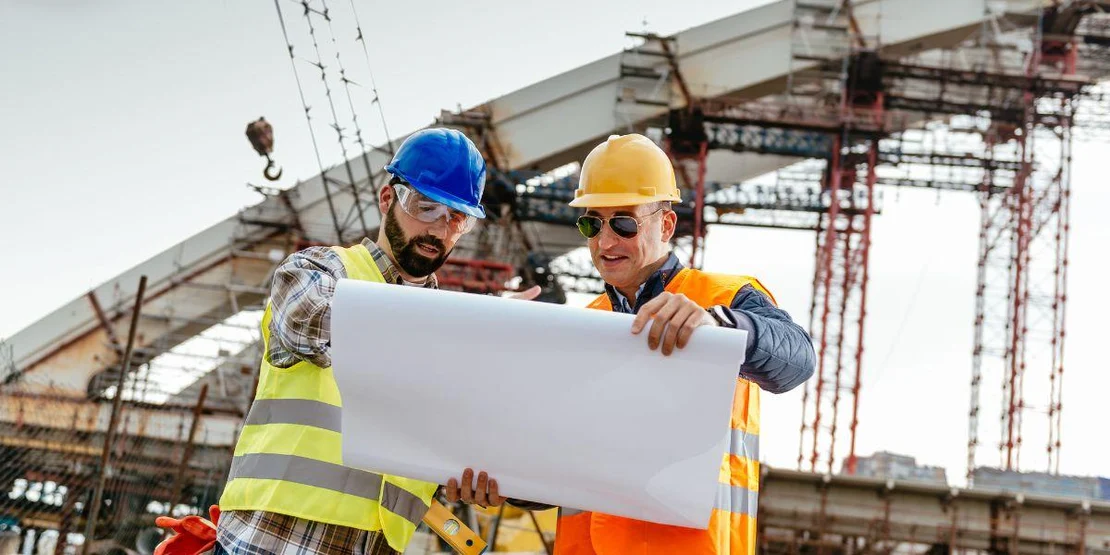
Top Industries
Quick Links
Subscribe Now
Join Thousands of Industry Leaders!
Copyright © 2025 Companies in UAE. All rights reserved.
May 12, 2025
companies.uae

Berlin is a place for reinventions. From Cold War wounds to contemporary skylines, Germany’s capital has changed constantly; the construction companies in Berlin Germany are the engines propelling that change.
Benevolent behind the cranes and scaffolding, though, is a fiercely competitive, highly regulated industry driven by invention. Understanding the actors, the trends, and the local dynamics of Berlin’s building scene is crucial whether you’re a business owner, investor, or contractor looking to partner.
Let’s explore not just names but also specialities, strengths, and how construction companies in Berlin Germany are influencing the city’s future by delving deep into their world.
Berlin’s population has been climbing steadily, passing 3.7 million, with thousands moving in each year. With housing shortages, government infrastructure upgrades, and a strong tech/startup ecosystem, the city faces immense demand for:
Berlin’s need for seasoned building experts is never stronger. Still, who are the main participants in this field?
Most companies in Berlin now aim for DGNB or LEED certifications. Expect solar panels, passive heating, recycled materials, and green rooftops to be the norm.
To combat rising costs and labor shortages, firms increasingly use modular systems, speeding up timelines while keeping quality consistent.
Building Information Modeling (BIM), IoT integration, and virtual walkthroughs are redefining how buildings are designed and delivered.
Many projects involve international architects, planners, and subcontractors. Berlin’s firms are culturally agile and fluent in cross-border cooperation.
Despite the boom, the sector has its hurdles:
Each Berlin district has its own construction rhythm:
Discover important trends, learn about the leading construction companies in Berlin Germany, and get professional knowledge about Berlin’s fast-growing construction sector.

Join Thousands of Industry Leaders!
Copyright © 2025 Companies in UAE. All rights reserved.